MALAYSIANSKINI | Fresh from receiving accolades aboard, Cantonese film “Rain Town” is set to open in local cinemas this Thursday (Feb 8).
The highly-anticipated film will be one of 11 local and foreign films opening around the same time, but it certainly is a curiosity.
The reason is that director Tunku Mona Riza Tunku Khalid can neither speak nor understand Cantonese, even though 70 percent of the film’s dialogue is in that dialect.
Then again, not understanding the language used has never been an obstacle in the past when she directed advertisements in languages such as Mandarin, Khmer, and Vietnamese.
She has also made telefilms in Iban (Uri) and Javanese (Parit Jawa).
“It’s going to be very stressful. Hopefully, I can get good traction from the audience,” said Tunku Mona to Malaysiakini about the movie’s opening. The crucial first three days of screening can make or break a film.
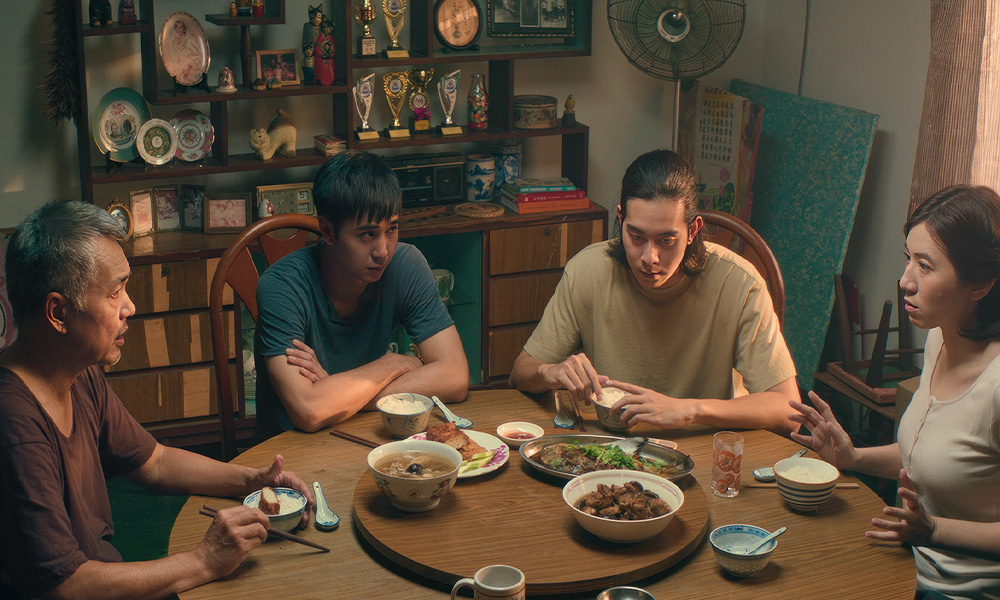
Tunku Mona, 57, won international acclaim for her film “Redha” (2016) which was selected as Malaysia’s entry for the Best Foreign Film category at the 89th Academy Awards.
Redha did not receive the official nomination but her poignant story of a couple raising an autistic child earned rave reviews.
On the day of the interview with Malaysiakini, it was announced that Tunku Mona is also one of the three Malaysian women who made it to Forbes‘ 50 Over 50: Asia 2024 list, which features 50 inspirational women across Asia-Pacific.
With this new movie, she does more than give the audience a family drama.
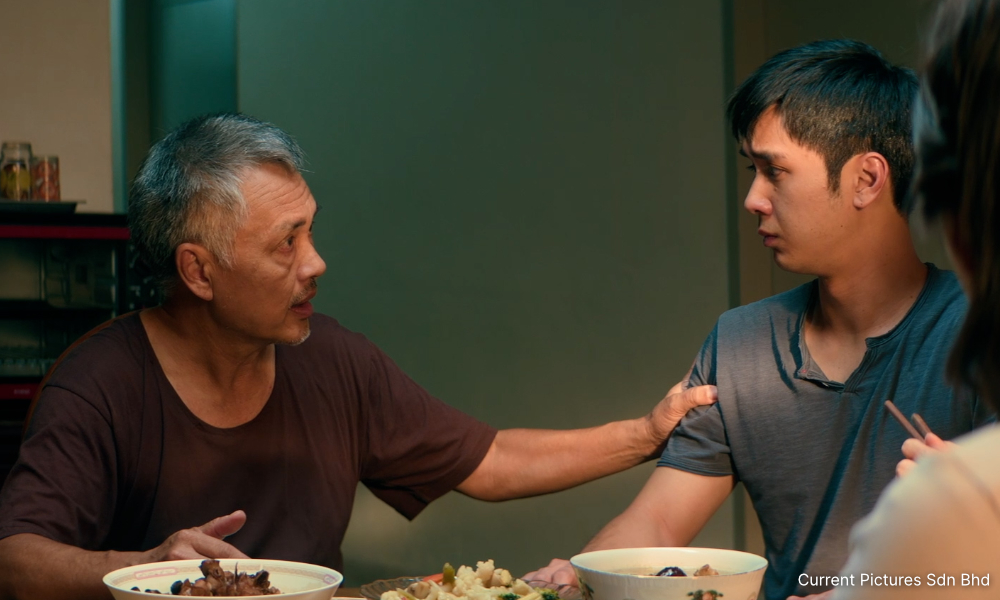
The story revolves around the father, Choo, who continues to interfere in the lives of his three grown children. Things take a turn for the worse when Choo’s wife, Aileen, meets with an accident. This leads to conflict within the family.
Produced by Current Pictures Sdn Bhd, it stars Chew Kin Wah, Susan Lankester, Fabian Loo, Wilson Lee, and Pauline Tan.
Origins of Rain Town
The idea to do Rain Town came to Tunku Mona during a photography session in 2016.
The photographer (whose name she can’t recall) told her about his grandfather in Taiping who used to do “rain betting” (bet on the weather). When she asked to be taken to the place where this form of gambling was conducted, she was told that it wasn’t done anymore.
Intrigued by the idea, she tried looking for information on the internet but found very little.
“When I pitched this story to Finas, I didn’t want to do a story about gambling only. It’s more the story of the Choo family. So, Mr Choo happens to like rain betting,” said Tunku Mona who added that she did not want to court controversy at the onset by being accused of being insensitive.
Due to her inability to recall the photographer’s name, she starts the film with “A thank you to the people who have affected my life.“ Here is hoping they meet up after the film premieres in cinemas.
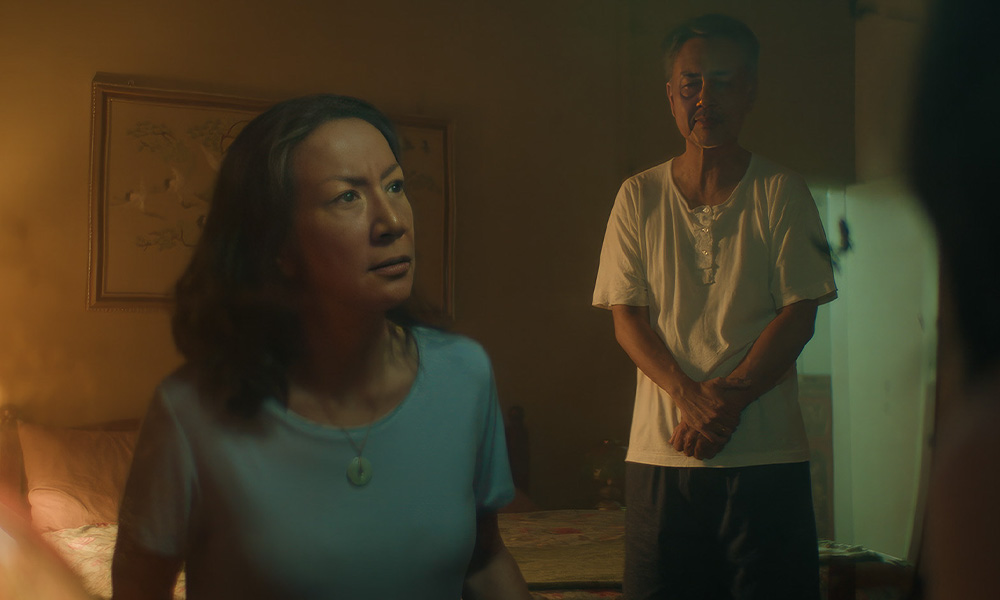
Language isn’t a barrier
To direct a movie about a Chinese family is one thing, but it is another thing to direct a film in a language that she does not understand.
Tunku Mona recalls her days as a talent for commercials where she had to lip-sync in Mandarin, Cambodian, and Vietnamese.
“So, language is not something that I see as a barrier. The nuances of the Chinese family’s behaviour were a bigger concern,” she explained.
This script was written by Malay writer Azril Hamzah and his assistant, Zac Omar. She then found a translator whose job was to translate the dialogue into Chinese.
Of course, the translator would give her input when certain words and actions didn’t gel.
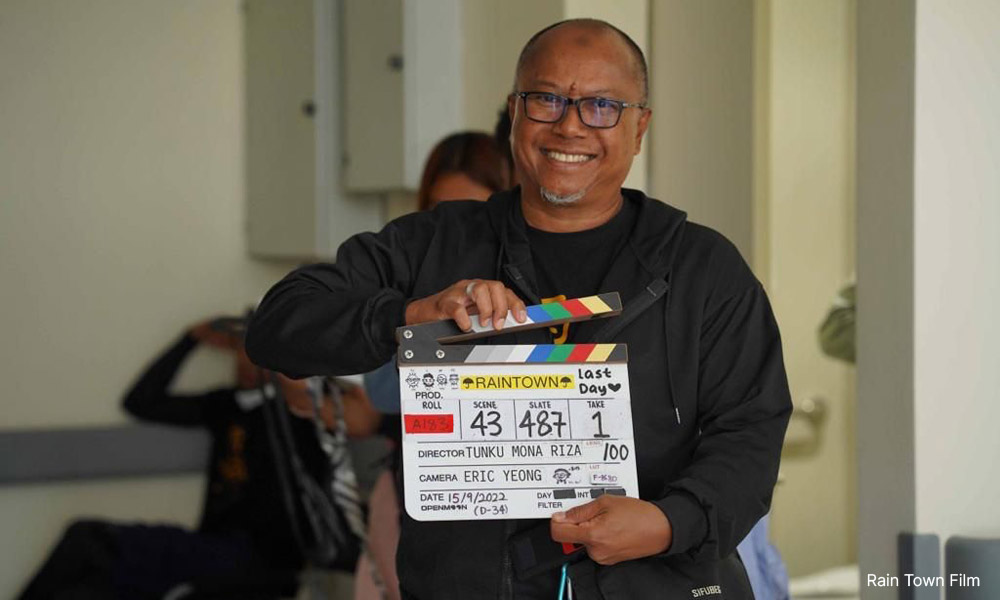
Once the dialogue was written in Cantonese, there was also the pinyin version, which was the Romanised Chinese pronunciation of the words.
Tunku Mona would then listen to the rhythm of the words and understand what was going on in front of her during shooting.
“During script reading, it was good. Everyone was so obedient, they followed the dialogue to a T,” she recalled.
Then, on the first day of shooting, actor Chew Kin Wah decided to do some ad-libbing which threw her for a loop.
However, once it was agreed the keywords were all there, the shoot continued.
“So, every time you go into the set, there’s a bit of change because there’s ad-libbing. The first day was tough for me to catch up. The second day was tough. The third day was much, much better. Somehow, the ears start to pick up things better,” she said describing the shoot.
Asian resonation
Tunku Mona feels that the story will resonate with various races. The audience at most of the festivals that screened Rain Town were familiar with the language and aspects of the culture.
However, the audience at the 54th International Film Festival of India held last year in Goa, was an entirely Indian audience.
“It was tested and approved in Goa. I had no chance to sit with them and watch the film for almost two hours. I was nervous and it was nerve-wracking,” she said.
However, the response was generally positive; some attendees wanted to talk more about the movie after the event.
Based on feedback, the story resonated with them. Aspects like huge expectations placed on the firstborn son are something every Asian can relate to.
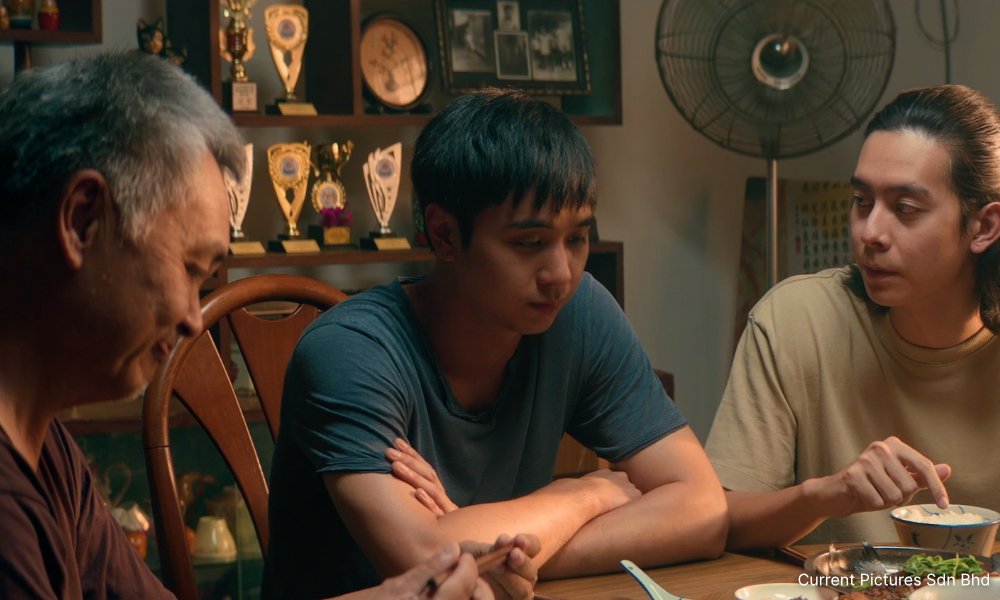
To date, “Rain Town” has already gained international recognition as the Most Anticipated Language Film at the 36th China Golden Rooster Awards which was held in conjunction with the Golden Rooster and Hundred Flowers Film Festival in Xiamen, China, in November 2023.
“Rain Town” also represented Malaysia at the 10th Silk Road International Film Festival in Fuzhou, China, the Vancouver Asian Film Festival, the Asian World Film Festival, the 54th International Film Festival of India, and the Medan Film Festival last year.
Becoming a filmmaker
When she was a university student, Tunku Mona used to make extra cash from getting cast in commercials.
Subsequently, she was asked if she wanted to direct by the casting house and casting agent. So, she began directing commercials.
“For me, it was a progression within an industry that I was already in. It’s just moving from one role to another. By the time I was about 28 or 29, I decided to start my own company, Current Pictures,” she recalled.
She wasn’t even thinking of directing or producing films or TV shows back then.
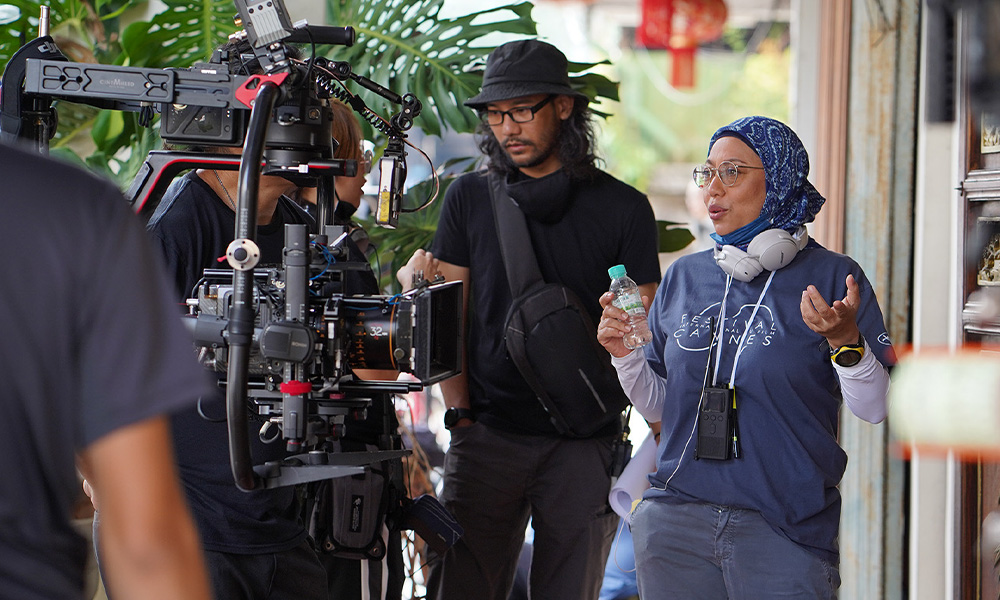
However, it was after she directed a Hari Raya commercial for Astro that she decided to start making feature films.
So she took a short course at the New York Film Academy.
“I believed I needed the get the proper certification, a sort of endorsement, to say that I am being serious,” said Tunku Mona who by that time already had enough experience in the technical aspect of filmmaking.
She also liked directing commercials that were story-driven and knew that making feature films was something she wanted to do.
She tested her abilities by directing a telemovie for Astro that was shot in Sarawak called “Uri”. The scale of the production was so impressive that Uri was touted as a super telemovie because many felt it was much better produced than regular telemovies.
The film that captivated her
Tunku Mona always enjoyed watching films. Because her parents travelled a lot, the maid or her sister-in-law would take her out to catch a film. However, the one that stayed in her mind to date is the Academy Award-nominated “Salaam Bombay”.
“I saw it at my friend’s house. I was amazed to see a story that revolved around street kids, prostitution, and other social ills. It was a Hindi film that touched on reality,” said Tunku Mona who was more familiar with the typical Bollywood musical films.
“I was even more shocked to find out it was a female director, Mira Nair who made the film. That inspired me,” she explained.
That was when she decided she wanted to make films that capture humanity and tell the story of a society.
She also loves epic films such as “Gandhi” and “Ben-Hur”.
“You can’t help but be in awe to see the kind of things that you see and hear on the big screen. Your senses are being awakened when you are in the cinema. Especially when you have great films playing,“ she elaborated.
She is keenly aware that some local films have courted controversy in recent times, but Tunku Mona feels that if people want to talk about her film, they are welcome to do that.
MALAYSIANSKINI is a series on Malaysians you should know.




No comments:
Post a Comment
Note: Only a member of this blog may post a comment.